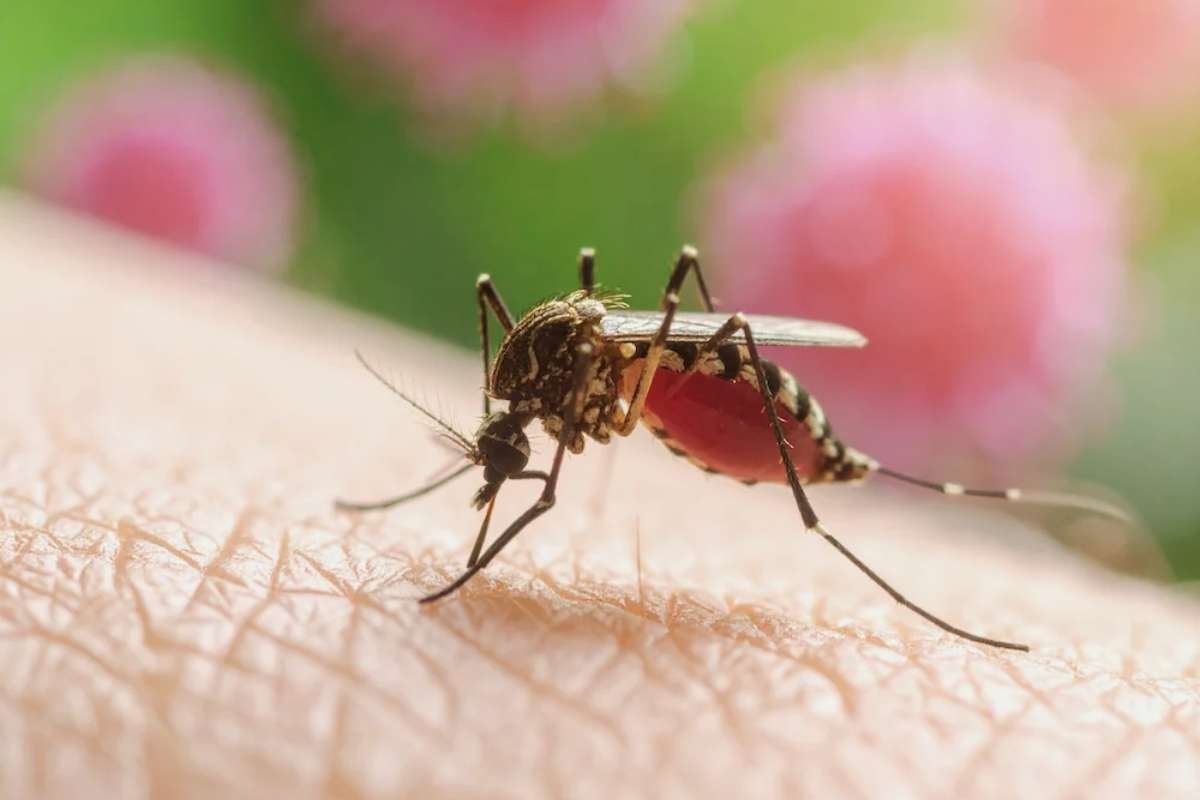Key Points:
- The first 2025 West Nile virus case was confirmed in Allegheny County.
- Mosquito spraying is underway in 31 communities.
- Officials urge repellents, long clothing, and clearing standing water.
The Allegheny County Health Department has confirmed the first human case of West Nile virus in 2025, officials announced Monday. The patient, a resident of Plum Borough, began experiencing symptoms in mid-July and is currently recovering at home.
The case comes after weeks of positive mosquito sample tests across the Pittsburgh region, prompting widespread mosquito control measures and public health alerts.
Spraying Efforts Expand Across Communities
To limit the spread of the virus, the health department has been conducting mosquito spraying in 31 communities across Allegheny County. Positive mosquito samples have been identified in neighborhoods ranging from Carrick to Morningside and from Chartiers to East Hills.
“It’s been in the area for quite a long time, so it’s endemic to this area,” said Nick Baldauf, vector control coordinator for the county. He emphasized that the best way to combat the virus is to reduce mosquito breeding sites, particularly small collections of standing water. “They like small sources of standing water. Things like unkept swimming pools, tires, and children’s toys that are unused,” Baldauf explained.
The health department also launched additional surveillance in Plum Borough following the reported case.
Symptoms, Risks, and Recovery
According to the Centers for Disease Control and Prevention (CDC), most people infected with West Nile virus, about 70 to 80%, do not develop symptoms. However, roughly 20% may experience fever, headache, body aches, joint pain, vomiting, diarrhea, or rash.
The patient in Plum Borough experienced fever, malaise, diarrhea, and anorexia, the health department reported. Fortunately, the majority of symptomatic individuals recover without medical intervention. Only a small fraction, less than 1%, develop severe neurological complications such as inflammation of the brain or spinal cord.
Health officials advise anyone who believes they may have contracted West Nile virus to consult a healthcare provider.
Vigilance Remains Key as Summer Winds Down
While the risk of infection is expected to decline in the coming months due to cooler temperatures and reduced daylight, officials caution residents to remain alert. Mosquitoes carrying the virus are most active during dawn and dusk.
“It’s most important to be vigilant,” Baldauf said. “It’s a good idea to wear insect repellent, long sleeves, and long pants.”
Public health experts also recommend reducing mosquito exposure by repairing broken window screens, emptying containers that collect water, and maintaining yards to minimize breeding grounds.
The confirmed case underscores the ongoing presence of West Nile virus in western Pennsylvania and the need for continued preventive measures throughout the mosquito season.







